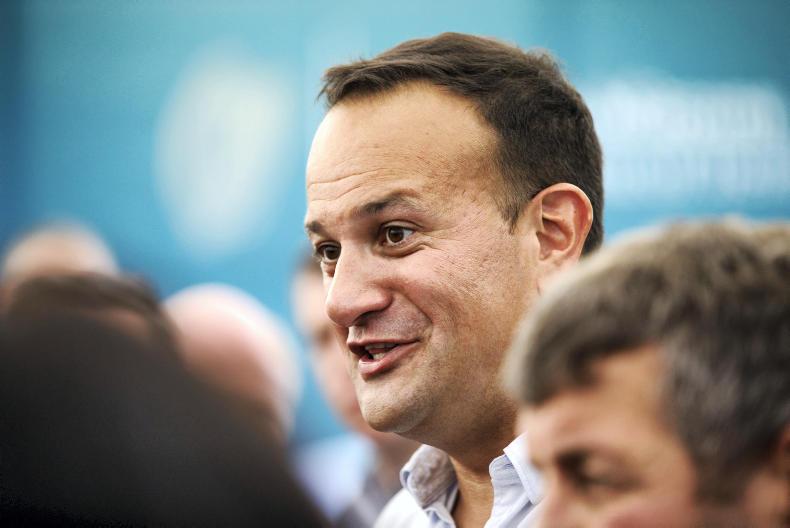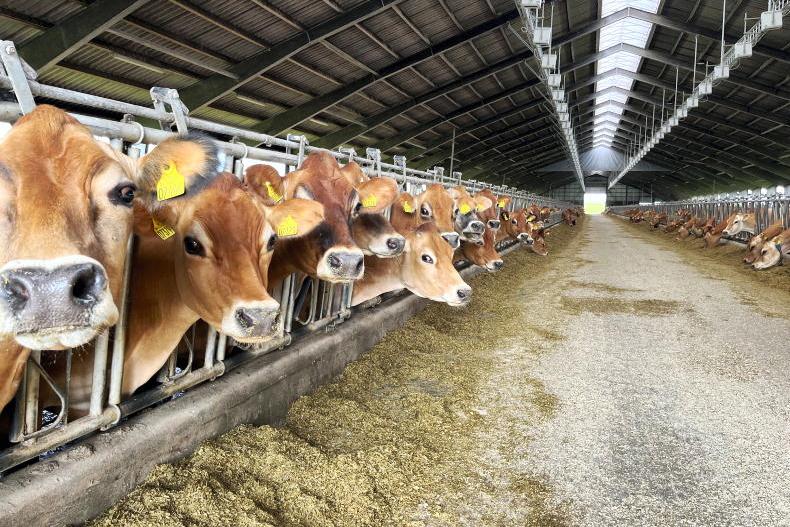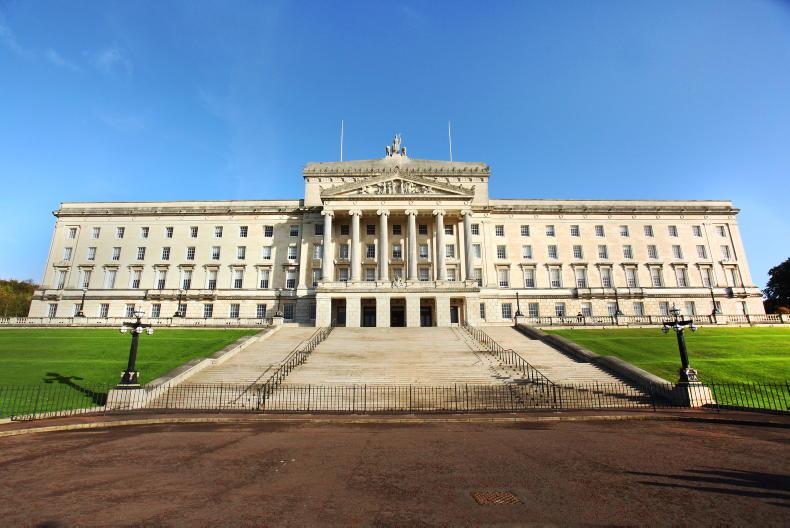In the wake of the recent emissions report released by the Environmental Protection Agency (EPA), there was a palpable sense of frustration among Irish farmers who feel they’re being pilloried by many sections of society on climate.
Agriculture does account for the largest share of greenhouse gas (GHG) emissions in Ireland (34% or 20.6m tonnes of CO2 equivalent) but this is highly unusual for a developed economy and merely reflects the absence of any meaningful heavy industry in this country.
Ireland is ranked as the most carbon-efficient producer of milk in Europe
The reality is that Ireland’s grass-based production model is highly efficient from a carbon intensity perspective.
Ireland is ranked as the most carbon-efficient producer of milk in Europe and in the top five for the carbon efficiency of our beef.
Analysis
An analysis by Teagasc researchers Laurence Shalloo and Padraig French found that the recent expansion of Irish milk supply since the end of EU quotas had actually reduced the global footprint of milk production by about 4m tonnes of CO2 equivalent, assuming that Irish milk displaced milk from another part of the world that has a global average carbon footprint.
The Taoiseach said emissions from food production cannot be viewed in the same light as carbon emissions from burning fossil fuels in the transport or energy sector
Yet despite this, Irish agriculture attracted a lot of heavy criticism and blame from certain quarters following the release of the EPA’s emissions report for 2018. In this context, last week’s comments from Taoiseach Leo Varadkar are welcome.
Speaking last Thursday morning at a progress report on the Government’s Climate Action Plan, the Taoiseach said emissions from food production cannot be viewed in the same light as carbon emissions from burning fossil fuels in the transport or energy sector.
“As we move beyond 2030, something we’re going to have to look at internationally when we set our climate action targets is food.
We’re a country of 5m people that feeds 50m and yet all that food production gets accounted for in Ireland as a contribution to global warming
“We treat food production just the same as electricity or transport, but I think food production is actually different,” said Varadkar.
“We do need to produce food, and all forms of agriculture, even tillage, produces CO2 emissions.
"As we get beyond 2030 and we get into much more ambitious targets than we currently have, I think, on an international level, we’re going to have to consider whether we treat food differently because we’re a country that exports 90% of the food that we produce,” he said.
“We’re a country of 5m people that feeds 50m and yet all that food production gets accounted for in Ireland as a contribution to global warming. But that food production is going to have to happen, it’s going to have to happen somewhere.
“We’re going to need to look at that on an international level and see if we need to treat food production differently to the way we treat transport or electricity where we can actually move fully over to the renewables and away from fossil fuels,” said the Taoiseach.
There’s an election around the corner and Varadkar may be playing to the crowd but it’s nevertheless encouraging to hear some sensible comments from Government on this issue. The extinction rebellion protests and other climate demonstrations highlight the level of hysteria that has engulfed much of the debate on climate change this year.
World population
It must be remembered that the world population continues to grow and demand for food is rising every year.
As a highly efficient producer of meat and dairy, Ireland is a country best-placed to meet some of this growing demand.
After all, Irish farmers aren’t burning millions of tonnes of fossil fuels to produce food.
Methane from enteric fermentation in ruminants remains the largest cause of Ireland’s agricultural emissions and it’s likely a technological solution will be found for this.
As such, Varadkar is right when he says food production should be treated differently to energy or transport emissions. But will this change anything? Right now it’s hard to say.









SHARING OPTIONS